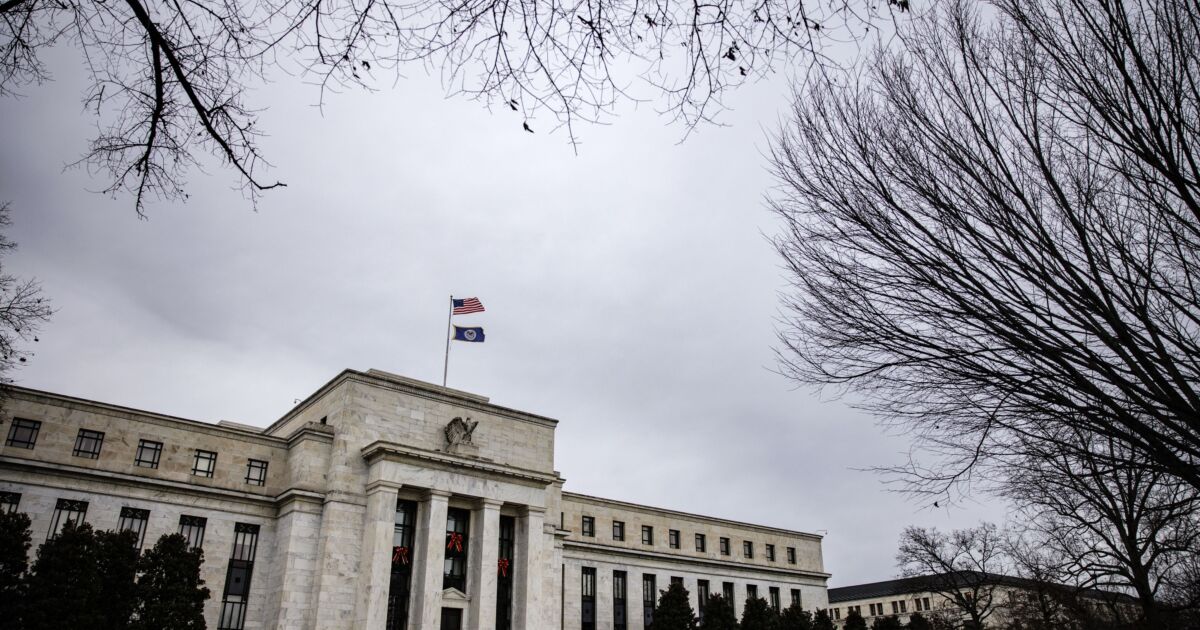
Economists surveyed by Wolters Kluwer remain solidly behind the notion that the Federal Open Market Committee will reduce short-term rates in 2025.
Its May Blue Chip Economic Indicators report even included the possibility that the Fed could actually raise interest rates in 2025 based on comments made by Chairman Jerome Powell which the authors noted could open the door to such a move.
None of those panelists, however, are expecting a hike. But the consensus average regarding the size of a rate reduction for all of 2025 came out at 60 basis points, down from 65 basis points
The latest survey was conducted on May 5 and 6, the second day being the start of the FOMC meeting; after it concluded the Fed announced it was taking no actions.
If not now, when will the Fed cut rates?
The survey found that 20% of the respondents believe the next cut will be in June, with 29% in July and 51% starting even later. Approximately 9 out of 10 expect a 25 basis point cut, with 10% at 50%,
The report did come out before
On the China news, the 10-year Treasury closed on May 12 at 4.46%, up 8 basis points on the day. On May 1, the yield was at a low of 4.12%.
Meanwhile, the 30-year fixed on Monday afternoon was just shy of 7%, at 6.97%, according to Zillow. The Lender Price rate tracker on the National Mortgage News website was at 6.95%. Both
Is the U.S. heading for a recession soon?
An April 9 announcement of a 90-day pause in reciprocal tariffs with other countries did not
As for inflation, the likelihood that tariffs would lead to one-time price changes was a view held by 54%, while 44% were worried about longer-lasting effects.
"The Blue Chip forecast involves a dose of stagflation, but it is mild relative to the experience in the 1970s and 1980 and it is projected to be brief," Wolters Kluwer said.
The report pointed out futures contracts for the Fed Fund Rate suggest the market is looking at reductions of 50 basis points over the next six months and 100 basis points through the 12-month period.
While the short-term rates controlled by the FOMC do not directly impact mortgage rates, they are indicators on views of the U.S. economy that investors use when pricing longer-term instruments like the 10-year Treasury yield.
The role of inflation in the decision
"Inflation expectations will likely be the most important factor driving Fed decisions in the months ahead," the survey report said. "If long-term inflation expectations remain anchored, Fed officials would likely conclude that tariffs will fuel primarily one-time price increases rather than ongoing inflation."
In this case, the FOMC would likely address slow economic growth and elevated unemployment. But evidence of stable expectations must be convincing to policymakers lest they repeat



